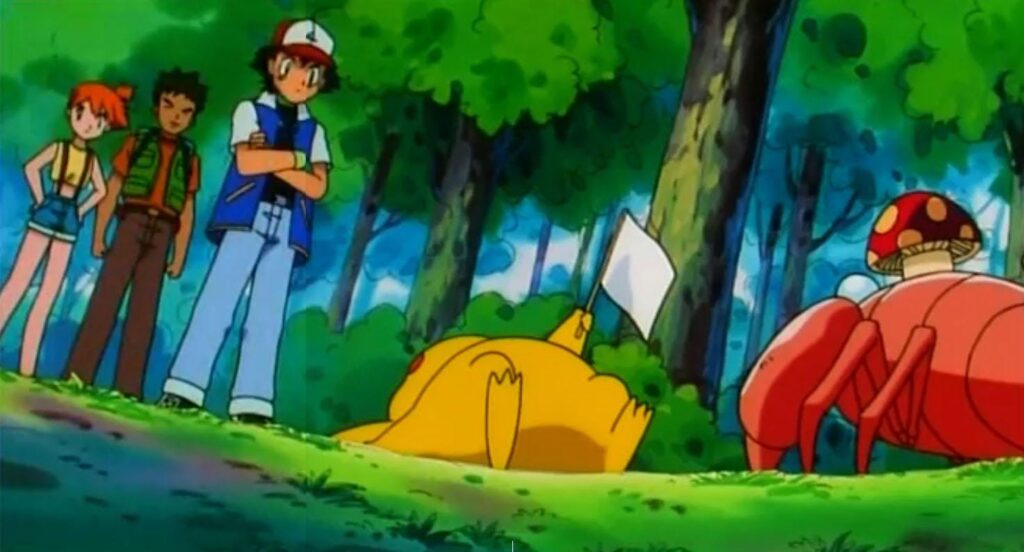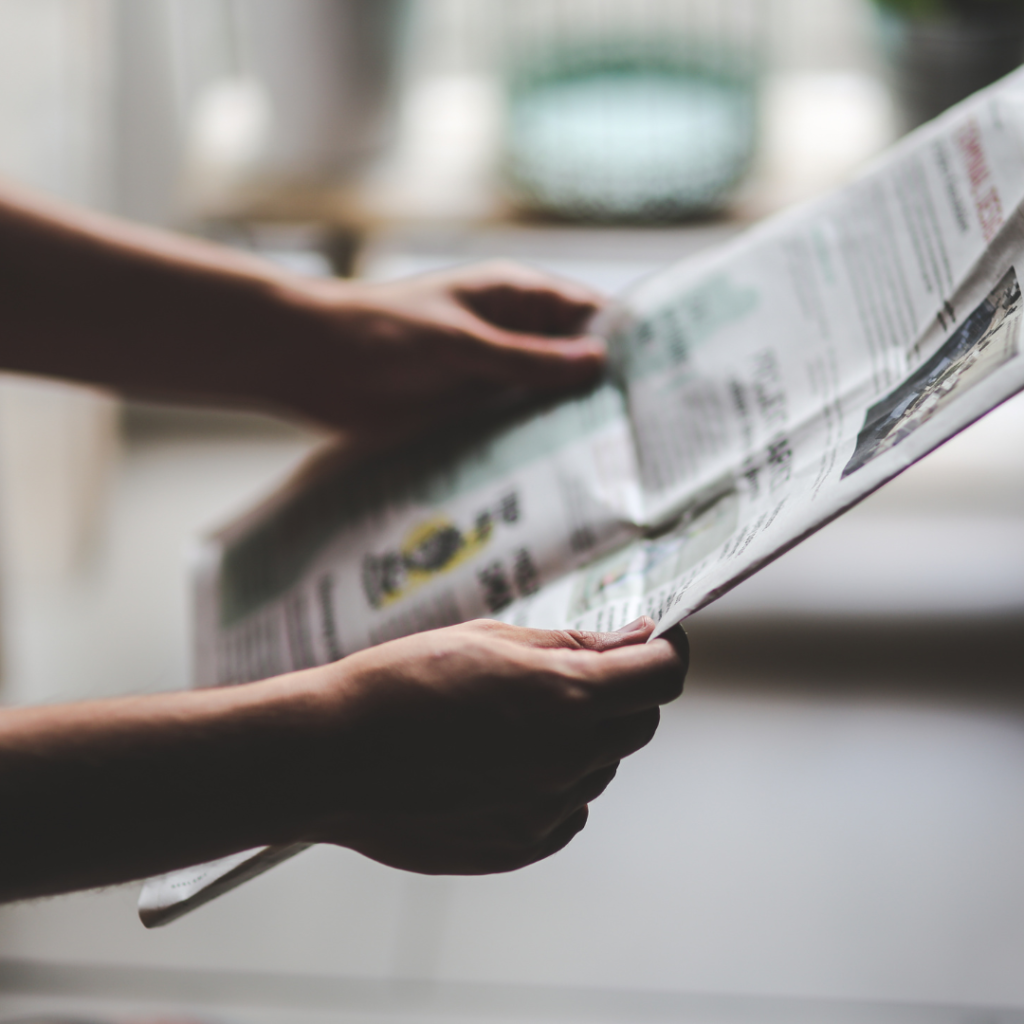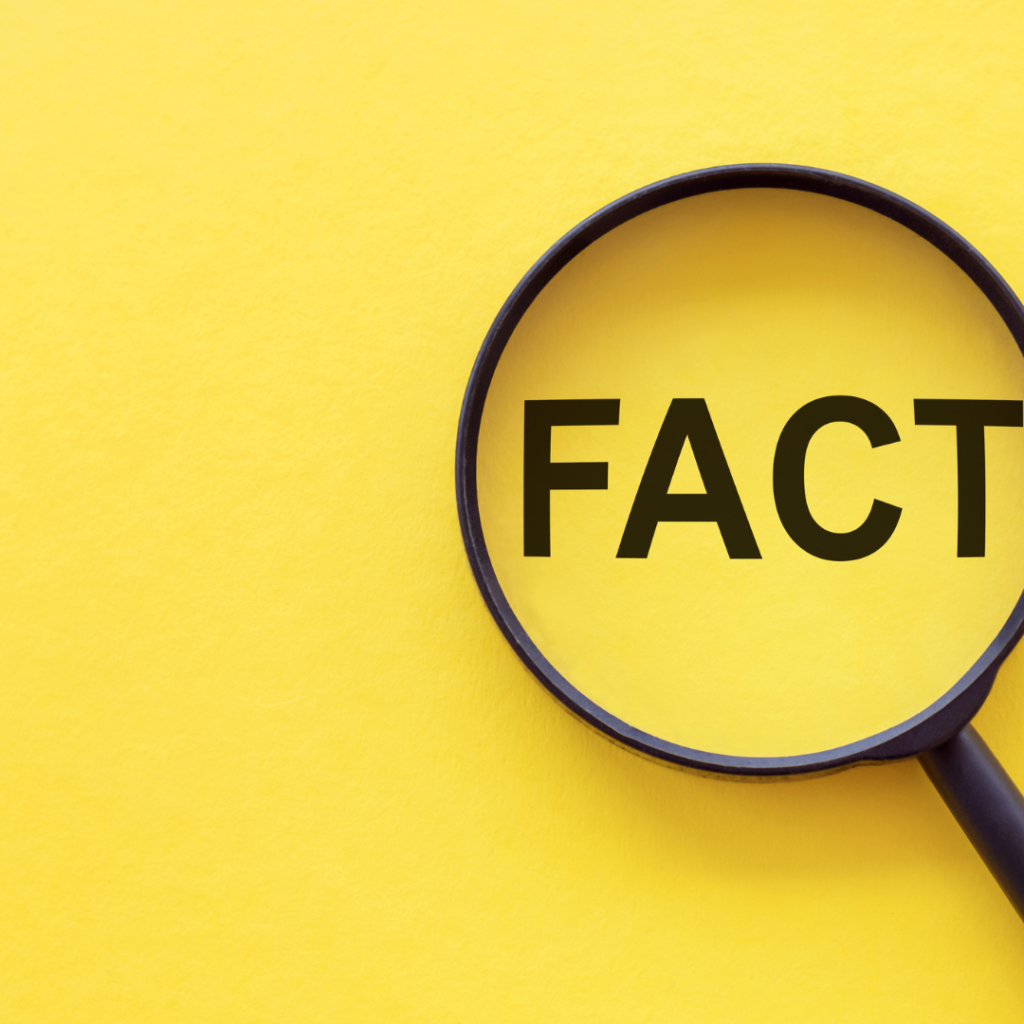Defending Science Event Proposal
Academic Integrity in the Post-truth Era
Summary
A coordinated anti-science ecosystem is now operating across the United States, Europe, and Australia and is beginning to globalize to low-and middle-income countries. This ecosystem that goes beyond think tanks and partisan media outlets promoting disinformation, but instead involves multiple facets of the U.S. Government, including the Congress and Supreme Court, as well as state legislatures enacting onerous laws to block efforts to prevent illness or to slow the progress of climate change. The anti-science ecosystem targets prominent American scientists to portray them as public enemies. It seeks to undermine or devalue our nation’s research universities and institutes. We propose a high level summit to address this dangerous antiscience movement now causing the deaths of countless Americans and imperiling our future. The summit would occur around Q3 2025 .
Background
For over fifty years, colleges and universities have been a target of the conservative political movement and the major business interests that fund it. In his influential and infamous 1971 memorandum to the U.S. Chamber of Commerce, future Supreme Court Associate Justice Lewis Powell Jr. declared that campuses were “the single most dynamic source” of what he called an “attack” on America’s free enterprise system.
Powell warned, with more than a hint of sexist derision, that attractive left and liberal speakers and professors were wooing America’s youth away from the values of free market capitalism. He argued that business leaders had grown complacent in the face of this threat to their livelihoods and power and ought to push for more representation for their perspective in the social sciences—fields like political science, law, and economics. The word, he recommended, was “balance. ” Powell urged groups like the U.S. Chamber to screen textbooks, create a speakers’ bureau for conservative voices, and facilitate conservative faculty hires.
Although it did not break new ground, the Powell Memo reverberated throughout America’s business community. In its wake, wealthy conservatives began to funnel money into efforts to “balance” academia. For example, businessman John M. Olin used his personal foundation to fund conservative “beachheads” at schools all over the country like the Hoover Institution at Stanford or the Witherspoon Institute at Princeton.
Over the years, the increasing pressure from big money on college administrations has yielded major victories for the business-aligned political Right—the creation of beachheads including academic centers and partnership programs, reshaped economics departments, and the establishment of law & economics as a fixture at prestigious law schools across the U.S.
But it has also undermined academic integrity. Efforts to reshape the social sciences have bled into any science that influences public policy—especially as major public health crises like the COVID-19 pandemic and climate change have fueled public calls for government action and intervention in the economy. Major business interests have responded to those calls by working to sow doubt in science and scientists.
The attacks on academia and science have been escalating in the last decade in the face of an accelerating climate crisis and in the wake of the 2010 Supreme Court ruling in Citizens United v. FEC, which enabled incorporated entities to spend unlimited sums of money on political advocacy. The COVID-19 pandemic marked an especially significant turning point. Business-aligned, right-wing dark money groups waged a disinformation war against proven public health measures as a deadly airborne pathogen ripped its way across the globe. This war reached its absurdist extreme when mainstream conservative think tanks embraced anti-vaccine narratives.
Academic institutions have proven themselves poorly equipped to deal with the barrage of politically-motivated, bad faith attacks from the right. Throughout the pandemic, they have been all too willing to platform junk science and disinformation in the name of “balance” and “academic freedom. ” And so, misinformation has spread with the imprimatur of elite universities. The recent symposiums at Johns Hopkins and Stanford University featuring well-known public health misinformation spreaders are just the latest examples of this troubling trend.
The results have been devastating. In the U.S. alone, 1.2 million Americans have lost their lives to the coronavirus. Millions more are reportedly suffering some form of long COVID. Yet vaccine skepticism remains widespread. Only about 14 percent of eligible children and 22 percent of eligible adults received the last booster. Uptake of other vaccines has suffered as well. Meanwhile, scientists and doctors have faced unprecedented threats against their safety from people radicalized by right-wing disinformation and propaganda.
What we are planning is a conference to address the deliberate politicization of science, public health, and academia by right-wing business interests. We will explore ways for institutions of higher learning to better respond and protect their faculty and integrity. The
Summit
Through a high-level summit held at the National Academies of Science, Engineering, and Medicine (NASEM), the American Academy of Arts and Sciences, or another significant and high profile university or academic society in October 2025, we propose a program incorporating the following elements:
• Modern origins of the anti-science ecosystem.
• Current status of the ecosystem and its lead actors, both governmental and non-governmental organizations.
• The failure of government, medical, scientific, media, and academic institutions to curtail the spread of misinformation.
• Ways to begin countering the most dangerous aspects of the anti-science enterprise.
The summit would be sponsored by the OptOut Media Foundation, a New York-based journalism not-for-profit, and other partnering organizations and scheduled for Q3 2025–more or less coinciding with the release of a new book written by Drs. Michael Mann and Peter Hotez entitled: “Science Under Siege: How to Fight the Five Most Powerful Forces that Threaten Our Future” (Public Affairs – Hachette U.S.).
The summit’s intended audience would include U.S. and European government and public health leaders, prominent academics and university administrators, social media influencers, and representatives of the media and press. In addition to Drs. Mann and Hotez, participants would include other prominent climate and health scientists who have been targeted by anti-science groups as well as journalists like Pulitzer Prize-winning columnist Michael Hiltzik of The Los Angeles Times and experts in disinformation and authoritarian government practices. Participants will speak in both lecture and panel discussion formats.
The summit will culminate in the drafting of a public statement in opposition to the deliberate politicization of science.
Number of Attendees: 150-300
The Panels
Panel 1: Dark money as a source of anti-science This panel will focus on where the assaults on academia and public health are coming from. It will address the history of how dark money groups funded by major corporate interests have organized to undermine faith in science and muddy policy debates around issues like COVID-19 OptOut Media Foundation • 495A Henry Street #222, Brooklyn NY 11231and climate change, including the creation of fake medical societies. It will cover policy fixes to tackle this problem.
Panel 2: Role of Academia: Academic Freedom vs. Academic Integrity, Professionalism and Ethics This panel will address the failures of academic institutions in responding to disinformation, including from within their own ranks. It will focus on how the concept of academic freedom has become a tool to justify the spread of disinformation and silence criticism of serial untruth tellers. It will also address the growing influence of big money on academic institutions, and evaluate how that influence has fueled the rise of disinformation.
Panel 3: Role of Journalism This panel will focus on how media outlets have laundered disinformation into the mainstream discourse. It will probe the failure of journalists to question junk science and vet experts, specifically throughout the COVID-19 pandemic. It will take aim at “both-siderism” and discuss future, better models for coverage.
Panel 4: Role of Government This panel will focus on how politicians, particularly in the House and Senate—but also governors—have spread disinformation and helped to politicize science. It will also cover how regulatory agencies like the CDC and FDA have fallen short in their communication with the public and response to disinformation.
Panel 5: Role of Social Media This panel will focus on social media as a source of attack on academia and science. It will cover how platforms like X have been used to facilitate the politicization of facts. Another major focus will be on how scientists engage on social media.
Panel 6: Role of Academic Journals, Preprints, and Open Science The final panel will be focused on the failure of academic journals in the face of organized disinformation campaigns. Throughout the pandemic, we have seen flimsy science from motivated right-wing actors published in reputable journals. Several of these studies were later retracted, however it has become clear that journals are a new battlefield in the war on science. This discussion will focus on flaws in the peer review process and how these publications can inoculate themselves from political malfeasance.





